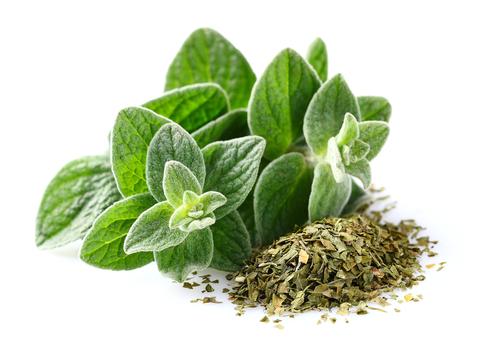The ancient Greek father of medicine, Hippocrates, penned that “all diseases begin in the gut,” and that for true healing and optimum health, we need to exercise, “let food be thy medicine and medicine be thy food,” and understand that the “natural forces within us are the true healers of disease.”
The word “diet” comes from the ancient Greek “diaita,” which means “the way of life.” In ancient Greece, a diet was about good health, which required the nurturing of the mind, body, and soul. One component of that was food. The ancient Greeks also noted the link between the gut and emotional health.






